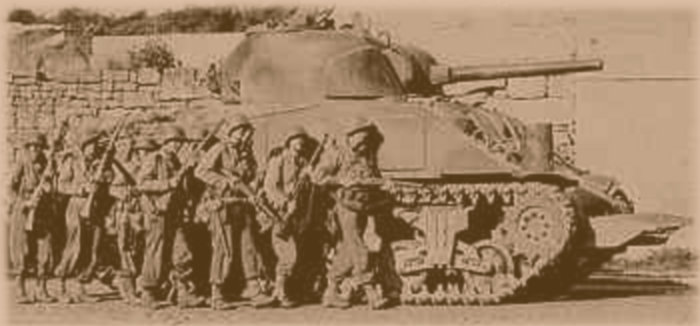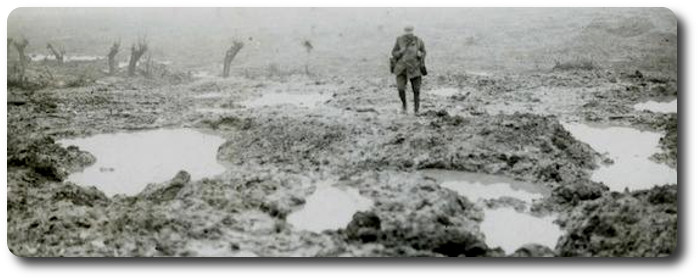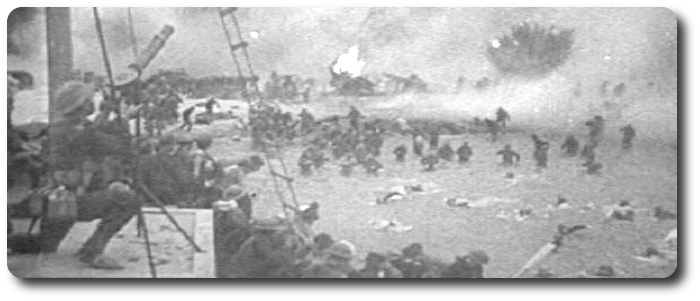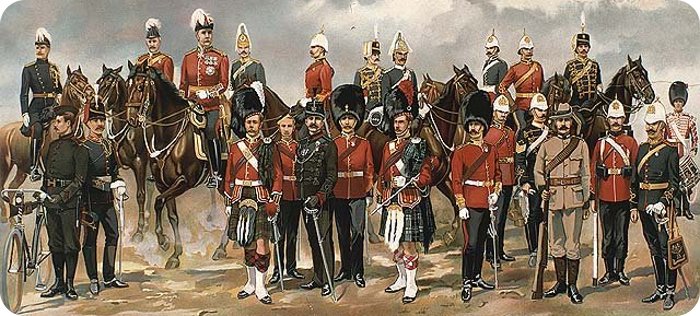Topic: Cold War
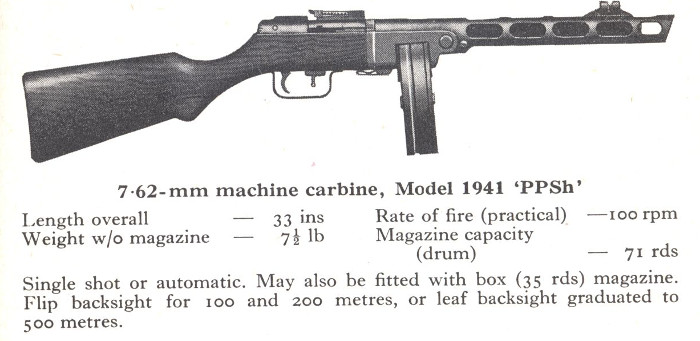
Characteristics of the Soviet Soldier in Battle
The Soviet Army, Tactics and Organization, 1949 (Reprinted with Amendments (No. 1), 1951)
The Russian soldier is extremely brave in the attach, stubborn in defence, and sets little value upon his own life. In addition to this, he is very tough and is an adept at field-craft, having all of the cunning of a hunter. His up-bringing has taught him to be self-reliant and resourceful, to live on the country, and to improvise anything from a sledge to a bridge capable of bearing tanks. Propaganda teaches him to regard an enemy soldier as a personal enemy, rather than the representative of a warring state, and on the strength of this he fights bitterly and ruthlessly.

Despite this natural courage, he is liable to become flustered, and alarmed when he first encounters something that he does not understand such as a tank attack, bombing and strafing, or an artillery concentration. But he learns how to deal with such situations after a little experience, and then they have less effect upon him than upon more civilized races.
There is a great shortage of technicians in the Soviet Army, and those available are mainly drafted into technical units, such as armour, artillery, engineers, and signals.
There are very few amenities in the Soviet Army, and consequently the administrative tail is considerably less than in most other armies. The Russian soldier is used to frugality and accepts it without complaining, as he has never known better conditions.
Officers have been brought up under similar conditions to the men, though a new officer class, specially trained and selected, is now beginning to appear. The majority of officers are painstakingly thorough, but are inclined to be slow, and lacking in initiative. As a result, all authority is centralized, and senior officers, such as corps and army commanders take too great a share in actual manoeuvre of sub-units. But a proportion of officers, particularly at the highest levels, are both thorough and brilliant, and this proportion will increase as time goes on. Most officers at present have battle experience, and have proved themselves adequate; no good officers have been demobilized, apart from some industrial specialists.
Examples of Russian bravery and toughness , quoted from German sources, are as follows:—
(a) Physical toughness. A Red Army rifle battalion attacked the outskirts of Medin at dawn in January 1942, in a temperature of minus 43 degrees Fahrenheit. After heavy casualties, the attack came to a standstill on a snowfield, no further movement being possible. The survivors remained lying motionless in the snow for 10 hours, without any special protection from the cold, and then renewed the attack at dusk with shouts of 'Hurrah!'
(b) Fighting despite privation. A Red Army task force, which had broken through the German line in wooded country, avoided all German attempts to destroy it for 12 days, and made seven attempts to break out. On the thirteenth day, the task force, consisting of 60 men, was surrounded and annihilated. It had, without any supplies, and without facilities for keeping a fire going, fed itself on only the bark of trees, fir shoots, and snow.
(c) Effect of propaganda. A reconnaissance pilot shot down at Yukknov in the spring of 1942, landed by parachute in the street. He immediately opened up vigorous tommy-gun fire on German soldiers running towards him, and forced them to attack in a regular manner, employing mortars. After wounding six Germans, he shot himself through the head with one of his last bullets, to avoid capture.
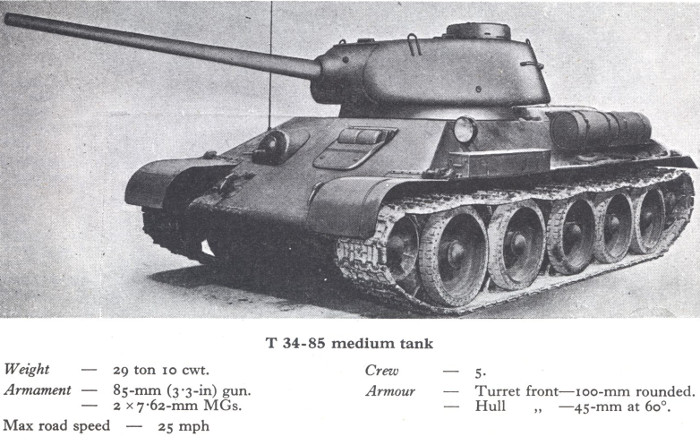


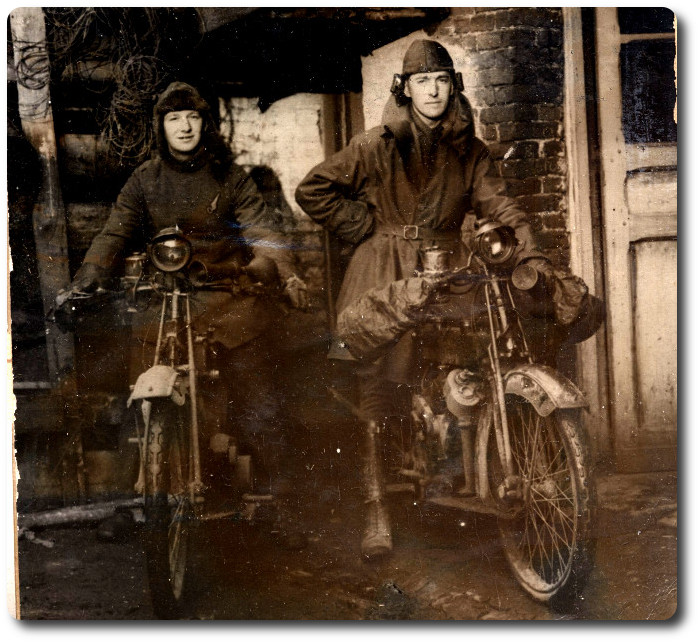

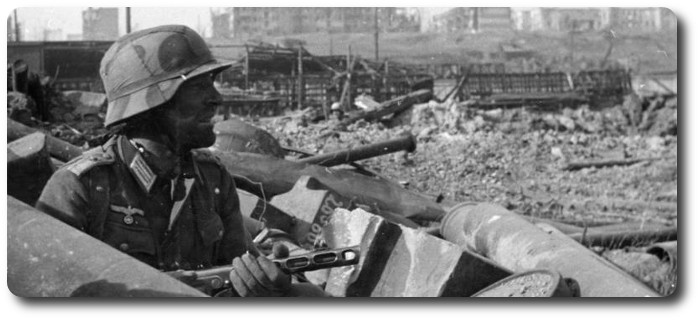
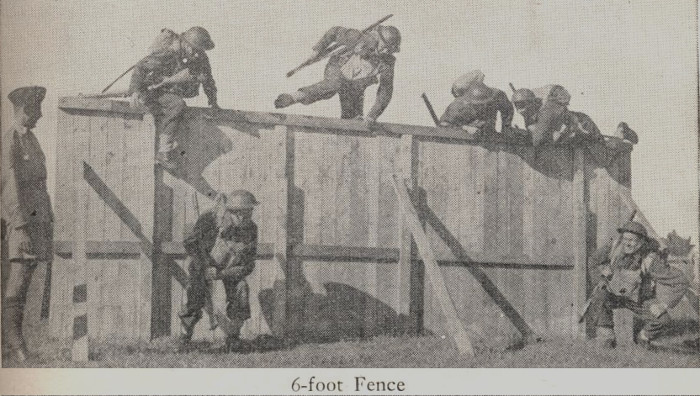
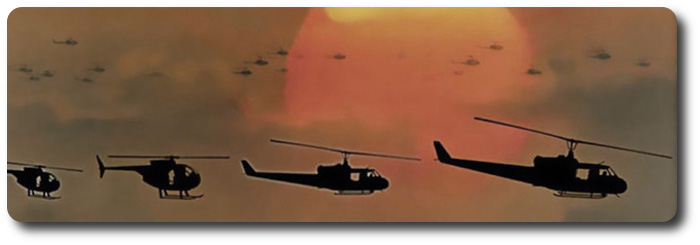
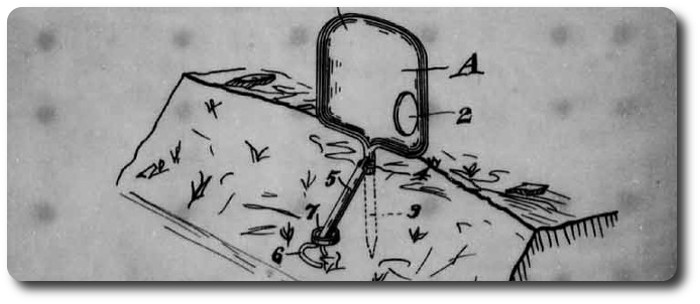
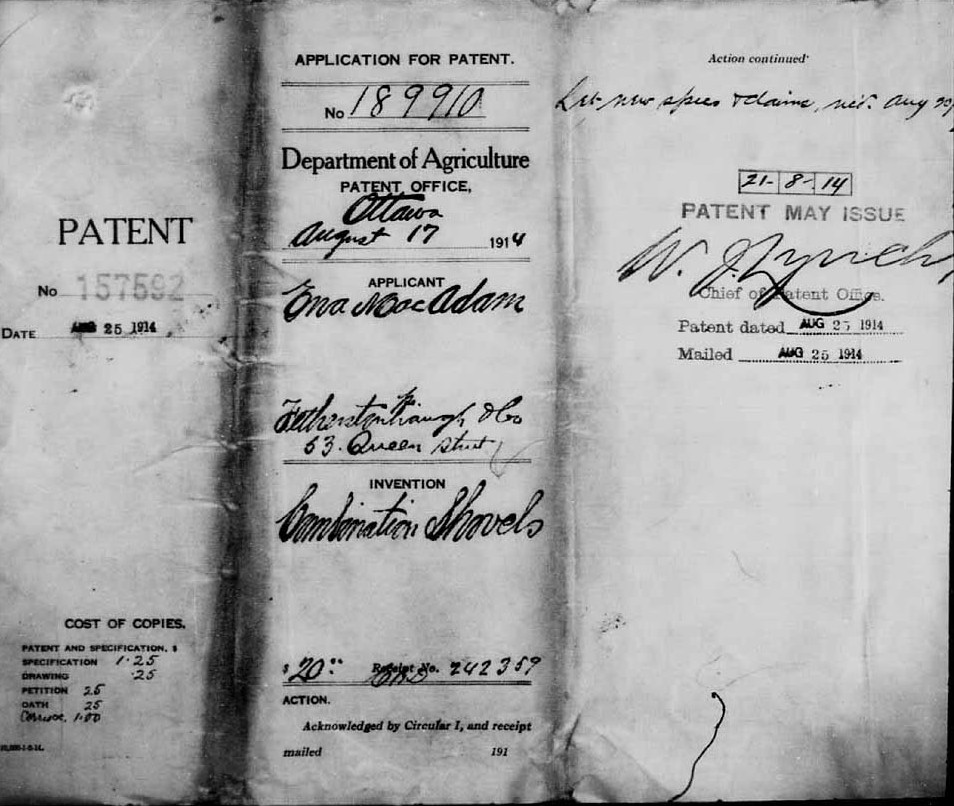
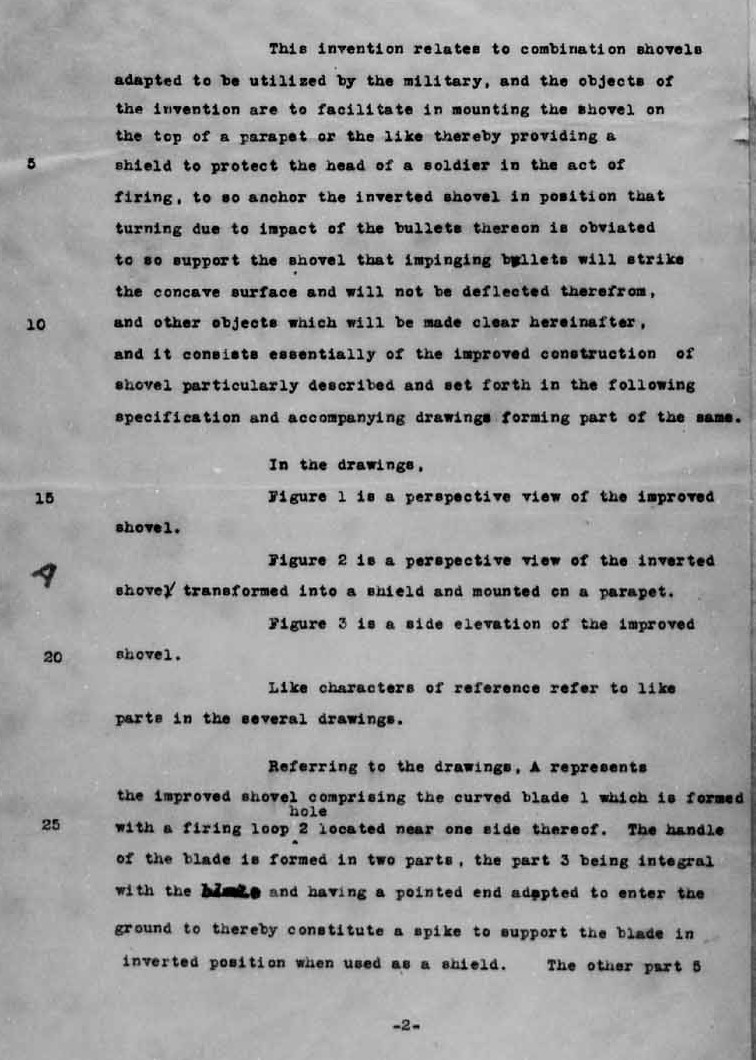
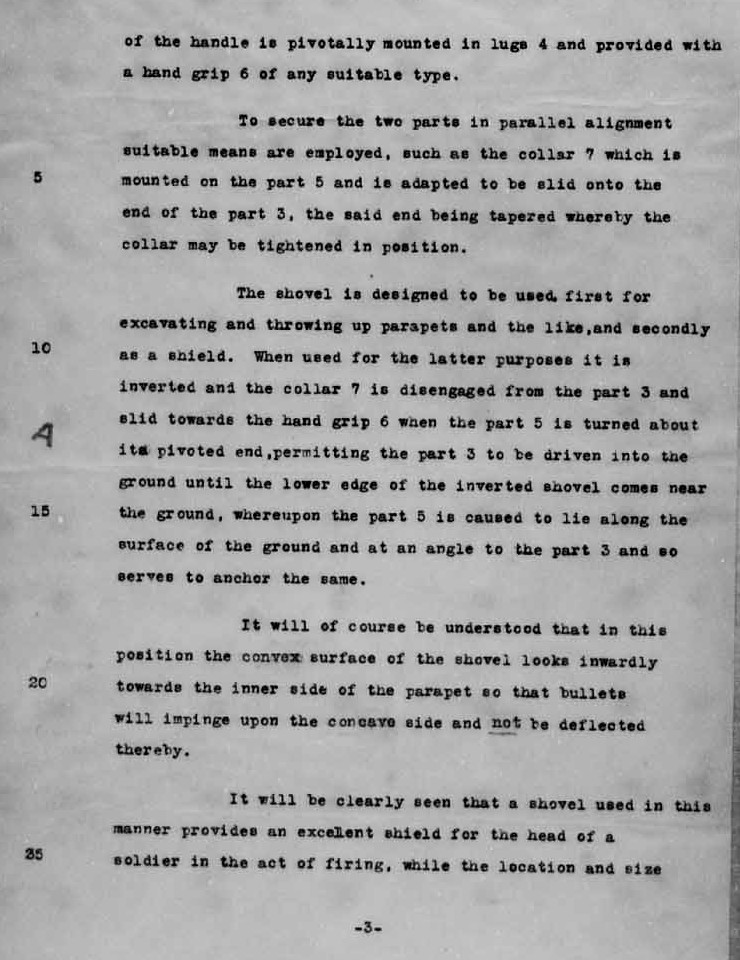
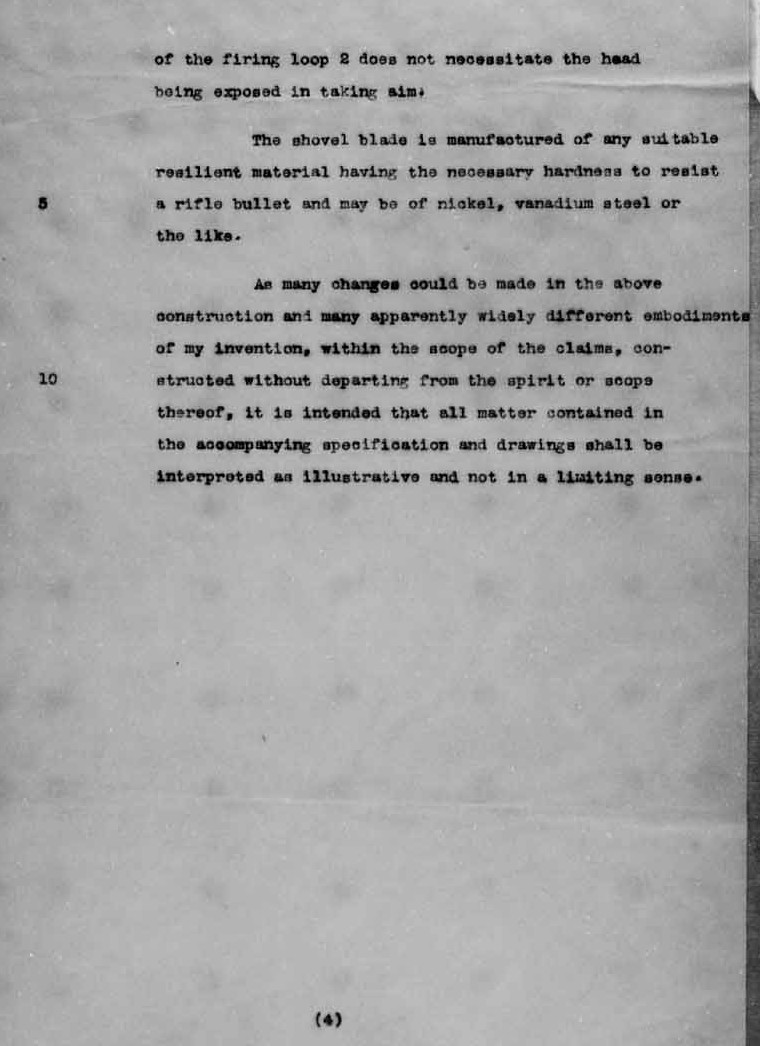
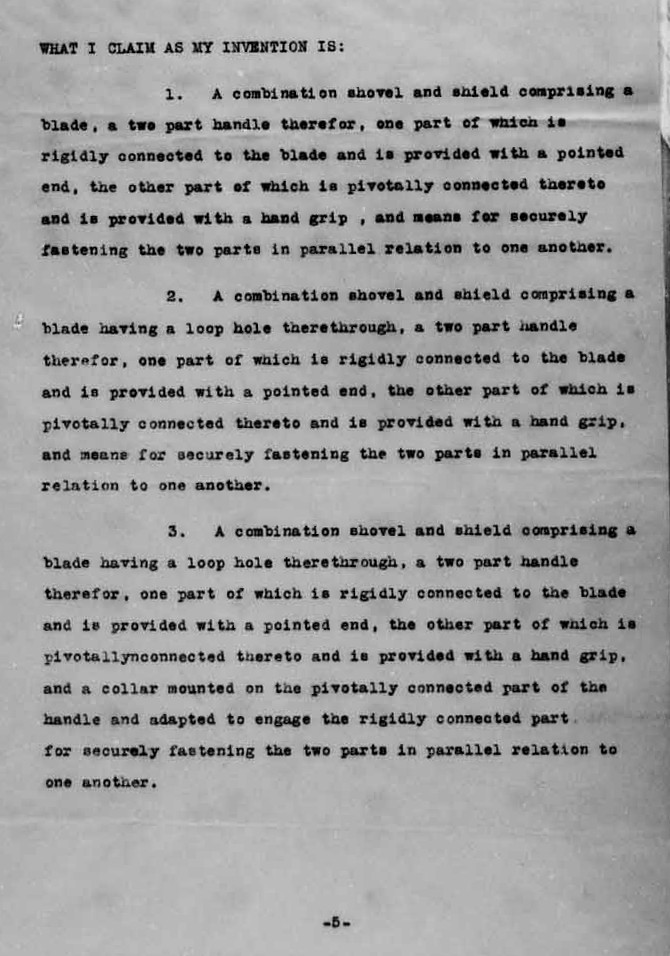
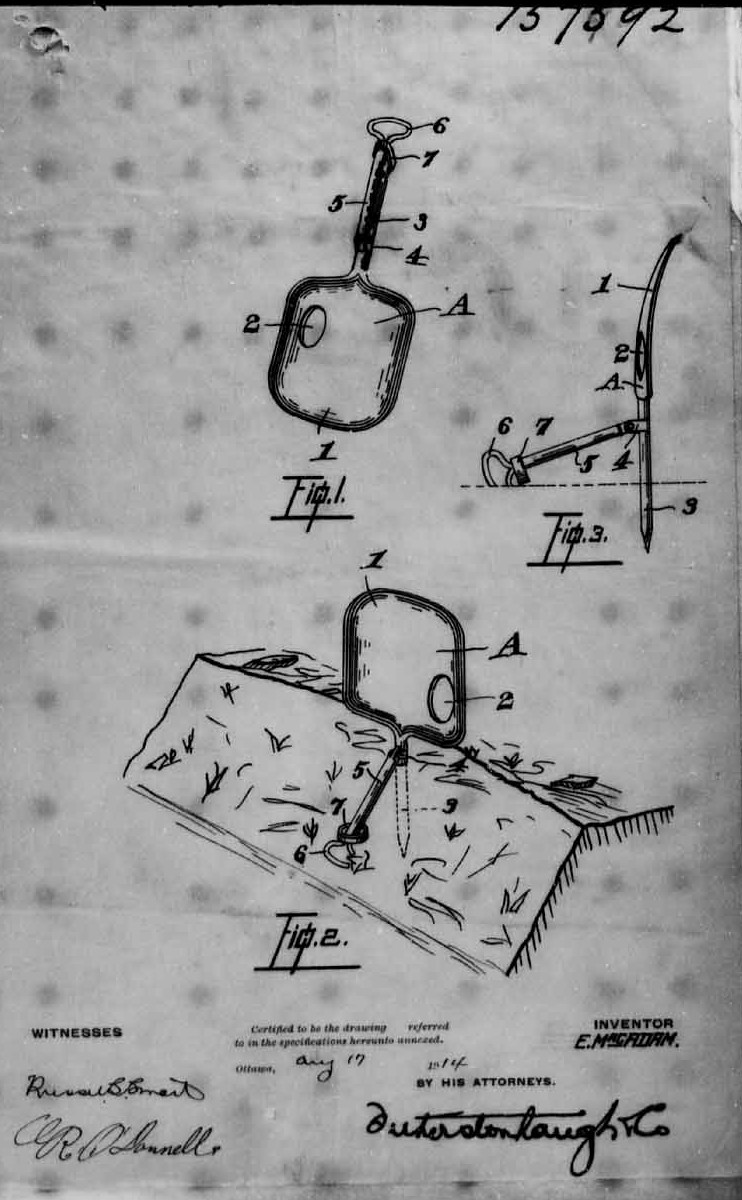
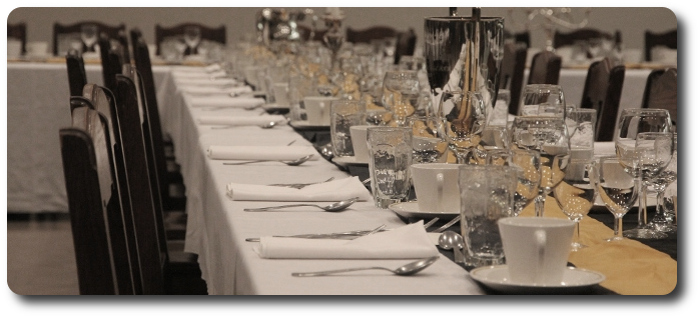
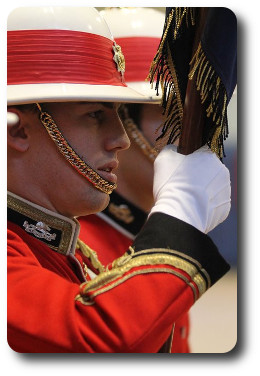 When Bobby came up from
When Bobby came up from 
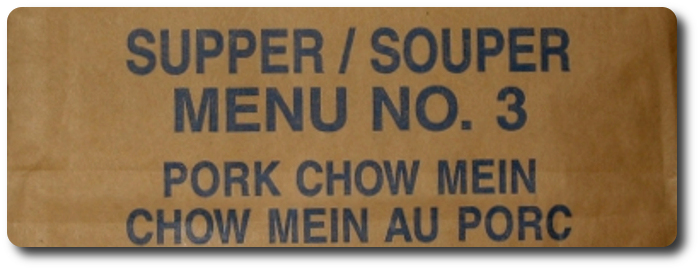

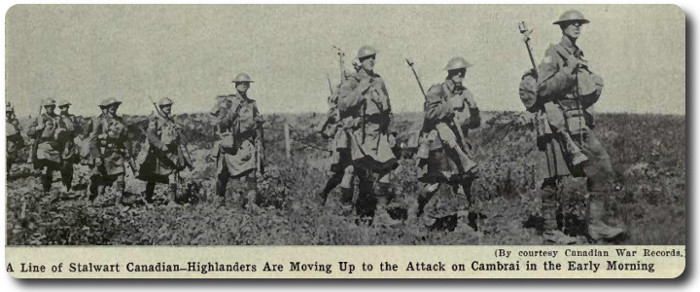
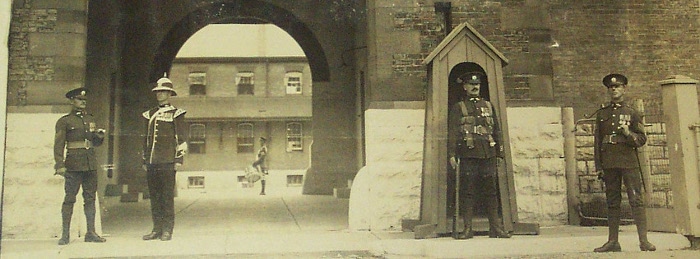
 Once more, there are two sorts of discipline, distinct in principle although sometimes they may overlap in practice.
Once more, there are two sorts of discipline, distinct in principle although sometimes they may overlap in practice.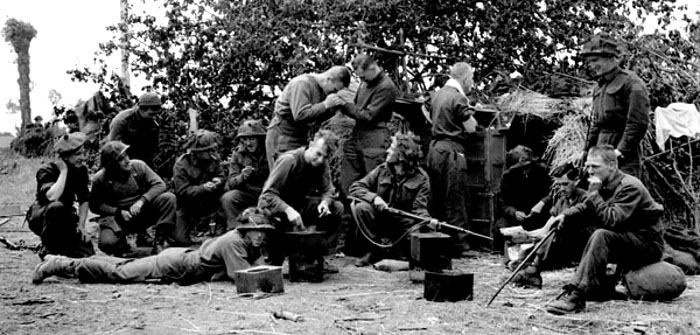
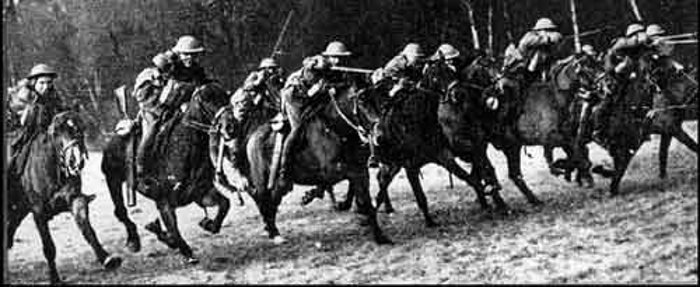
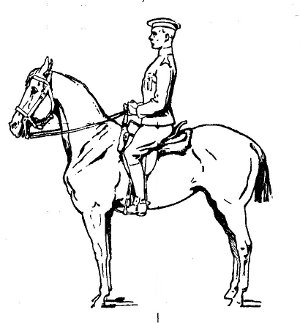 'We had of course been taught that a cavalry charge should be carried out in line, six inches from knee to knee, but it didn't work out like that in practice and we were soon a pretty ragged line of horsemen at full gallop. We took the Germans quite by surprise, and they faced us as best they could, for there can't be anything more frightening to an infantryman than the sight of a line of cavalry charging at full gallop with drawn swords. I cannot remember if I was scared, but I know that we were all of us really excited, and so were the horses. The Germans had taken up what positions they could in the open, and I remember seeing three or four machine guns, and each of them seemed to be pointing straight at me as they opened up!
'We had of course been taught that a cavalry charge should be carried out in line, six inches from knee to knee, but it didn't work out like that in practice and we were soon a pretty ragged line of horsemen at full gallop. We took the Germans quite by surprise, and they faced us as best they could, for there can't be anything more frightening to an infantryman than the sight of a line of cavalry charging at full gallop with drawn swords. I cannot remember if I was scared, but I know that we were all of us really excited, and so were the horses. The Germans had taken up what positions they could in the open, and I remember seeing three or four machine guns, and each of them seemed to be pointing straight at me as they opened up!

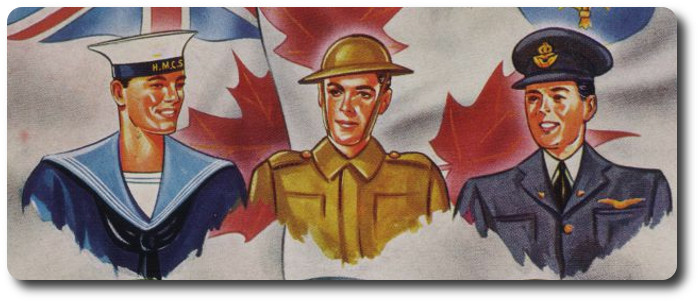

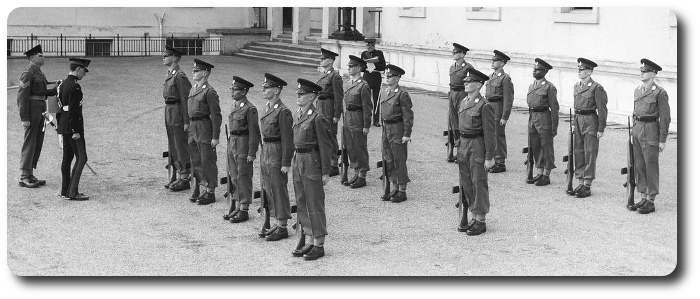
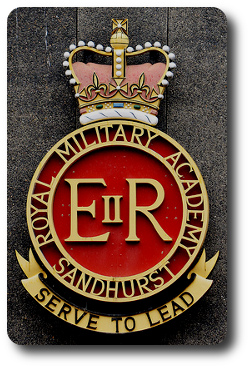 Consequently, under the enthusiastic control of Sgt. John France, Scots Guards, we began our drill training on the second day — before we had any uniforms! I remember thinking how my calf-leather shoes were standing up to the punishment. Every opportunity was taken for a few minutes drill as we waited, for example, for kit issues. The training got under way. Two periods of drill a day, two of physical training, the next made up of weapon training, map reading and basic infantry skills. We were up at 6.30, washed, shaved, bed made and dressed for BRC or Breakfast Roll Call Parade, at 07.00. On this parade we had to be immaculate or be punished.
Consequently, under the enthusiastic control of Sgt. John France, Scots Guards, we began our drill training on the second day — before we had any uniforms! I remember thinking how my calf-leather shoes were standing up to the punishment. Every opportunity was taken for a few minutes drill as we waited, for example, for kit issues. The training got under way. Two periods of drill a day, two of physical training, the next made up of weapon training, map reading and basic infantry skills. We were up at 6.30, washed, shaved, bed made and dressed for BRC or Breakfast Roll Call Parade, at 07.00. On this parade we had to be immaculate or be punished.